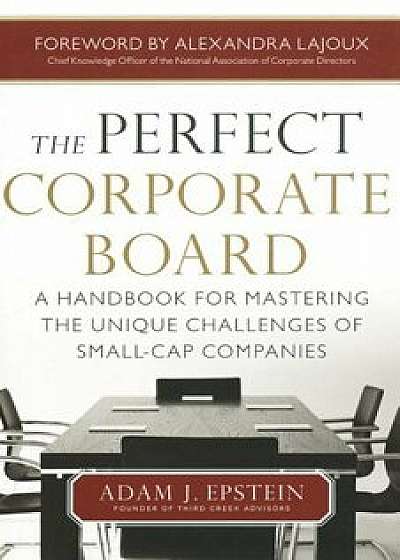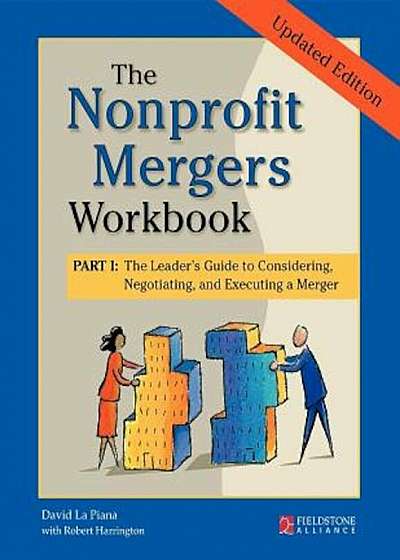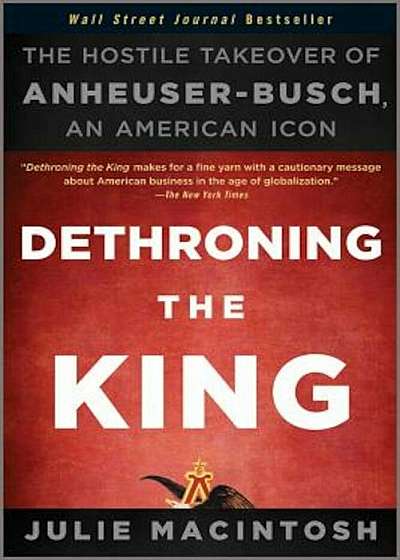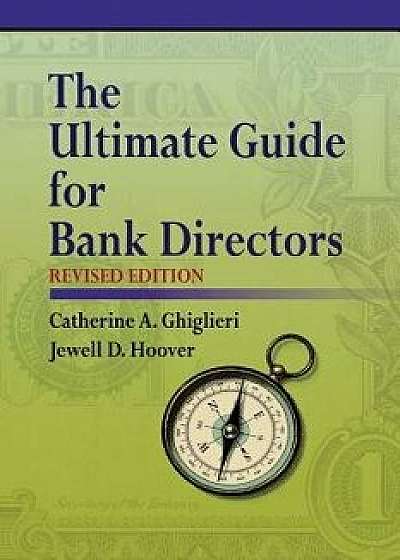
The Perfect Corporate Board: A Handbook for Mastering the Unique Challenges of Small-Cap Companies, Hardcover/Adam Epstein
Descriere
Contributor(s):Author: Adam Epstein THE DEFINITIVE GUIDE TO SMALL-CAP GOVERNANCE At a time when the U. S. economy is relying on small- and medium-sized companies to provide more jobs, the healthy functioning of corporate boards is more critical than ever. But the dialog on corporate governance has thus far focused predominantly on large corporations. As a result of "one-size-fits-all" governance, small-cap companies are routinely stymied by unique governance issues for which there has been no objective, practical guidance--until now. The Perfect Corporate Board offers best practices designed specifically for smaller companies. It identifies the key challenges board members of smaller companies face on a routine basis, and it provides the solutions to resolve them. The book is organized into three thematic sections: Corporate Finance - selecting a financing structure, hiring the right investment bank, negotiating definitive terms Capital Markets - the realities of smallcap equity research, communicating clearly with the Street, understanding trading volume, stock buybacks, and reverse stock splits Professional Service Providers - hiring and managing investor relations firms, purchasing legal services, thinking like an institutional investor The Perfect Corporate Board is filled with "what if?" scenarios of small-cap situations with a corresponding summary of suggested analyses and more in-depth discussions of the reasoning behind them. If you are a small-cap director, The Perfect Corporate Board is the ideal tool for analyzing your governance challenges with an expertise previously unheard of. It serves as a resource you can return to again and again, as new governance issues arise. Praise for The Perfect Corporate Board "If you are a director of a small-cap company, you need this book."Karen Kane, Board Performance Specialists "In a previous interview I did with the late David Thomson I asked him what he thought was the biggest deterrent to an emerging growth company'










